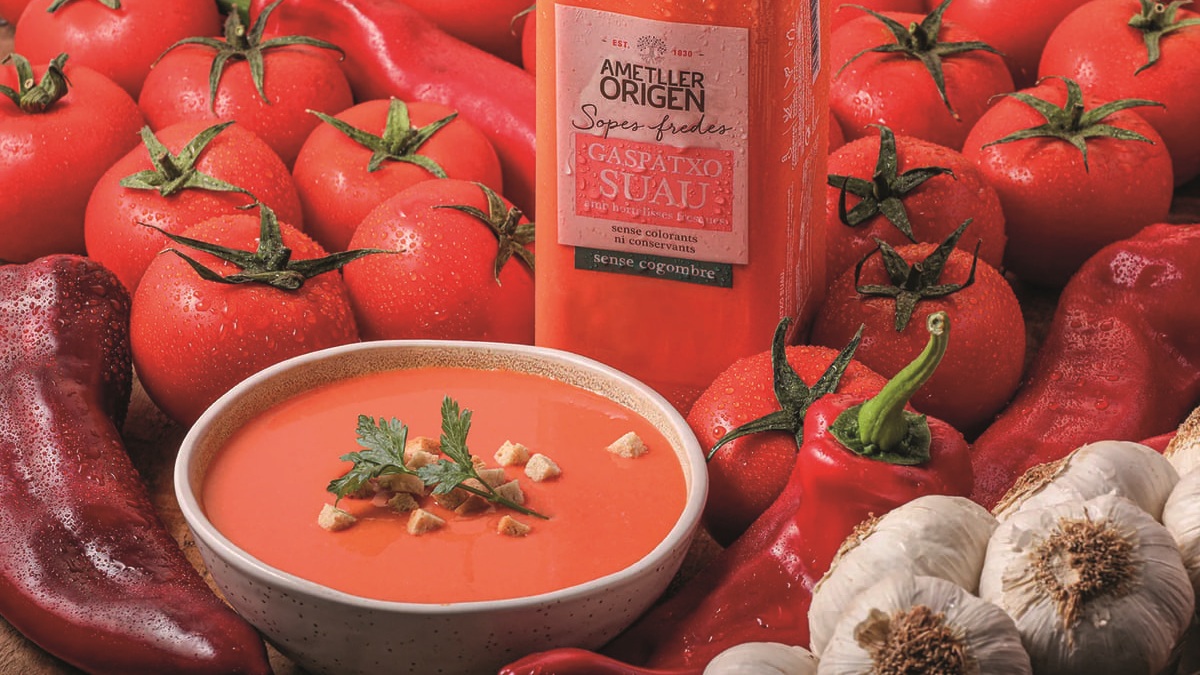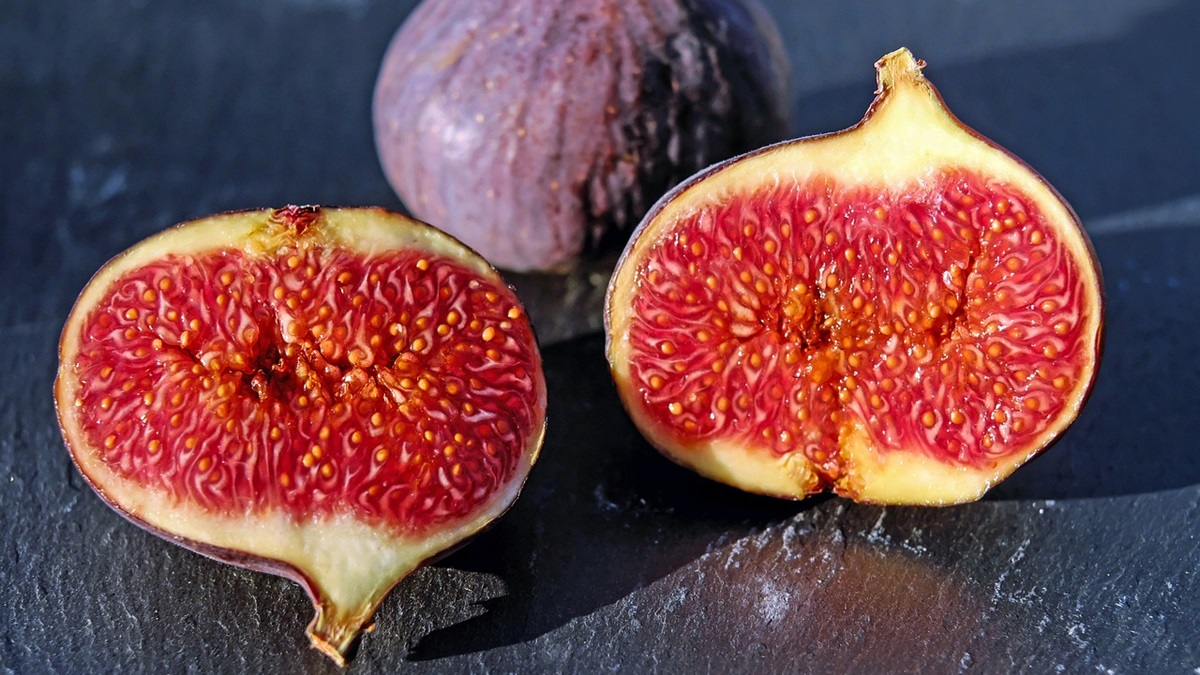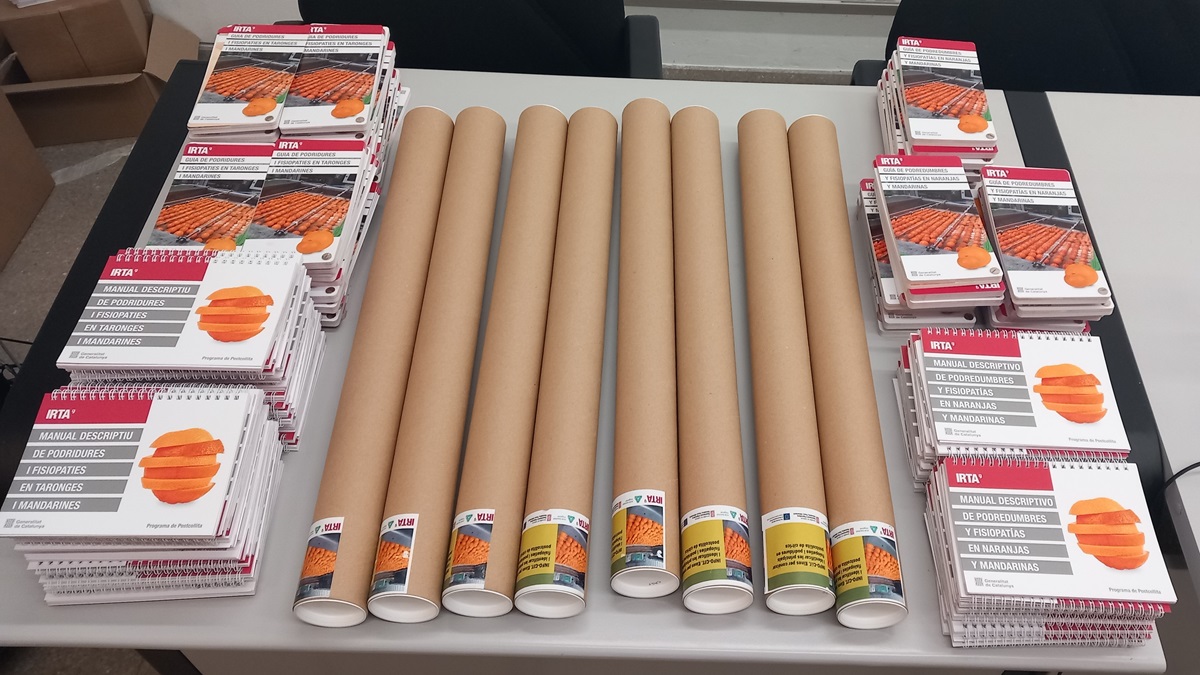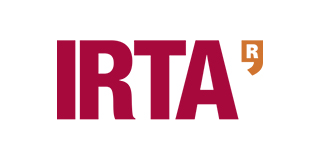

IRTA
Services
Agrolabs Digitales IRTA: Driving Agricultural Digitalization for a Smarter and More Sustainable Future
Agrolabs Digitales IRTA drives agricultural digitalization through experimentation with new technologies and the use of data to enhance the efficiency and sustainability of the sector
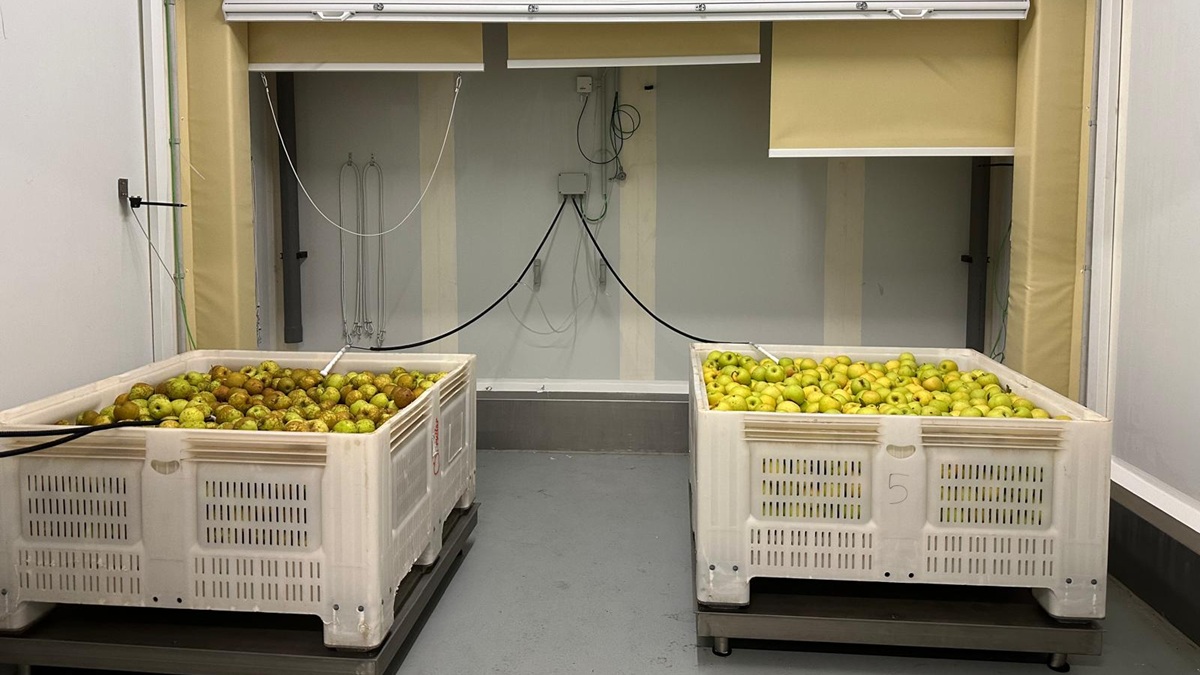
IRTA has launched the AGROLABS project to drive a more efficient, competitive, and sustainable agricultural sector through digitalization. This initiative creates dedicated spaces for experimenting with and testing new digital technologies while also offering a comprehensive data and digital services platform for the agricultural and livestock industries, as well as for institutions and technology stakeholders.
The primary sector is undergoing a rapid technological transformation. In recent years, experts have even referred to a 4th major agricultural revolution, fueled by advancements in sensor technology, the Internet of Things (IoT), Big Data, Blockchain, Artificial Intelligence, robotics, and Precision Agriculture/Livestock, among others. These innovations enable real-time data collection and large-scale processing, enhancing decision-making and optimizing production efficiency. As global demand for food rises and resources remain limited, these technologies play a crucial role in ensuring a more sustainable and resilient agricultural future.
However, several challenges must be addressed to ensure the successful adoption of these technologies. It is crucial to make them accessible to all producers and to rigorously test and validate them to guarantee a return on investment. Additionally, end users must receive proper training and have access to comprehensive, high-quality data on field and production conditions, supported by expert guidance and decision-making tools. Agrolabs Digitales IRTA is dedicated to overcoming these barriers, enabling a more seamless and effective integration of digital solutions in agriculture.
In the postharvest industry, a new initiative has been launched featuring a Decision Support System (DSS) for soft fruit conservation. This project seeks to optimize refrigerated storage management, develop predictive models, and assess the risk of physiological disorders and diseases in stored fruit. To achieve this, a storage chamber at the Fruitcentre in Lleida has been equipped with a wide range of advanced sensors, including temperature probes, pressure change sensors, ethylene and gas detectors at multiple chamber points, anemometers, continuous weight measurement scales, thermographic cameras, air flow modulation curtains, evaporator probes, hyperspectral cameras, and volatile compound sensors. These technologies enable real-time monitoring and data-driven insights to enhance fruit preservation and quality. All these sensors will be managed by custom-designed software, enabling dynamic system modulation based on different sensor inputs at various times or operational phases. Simultaneously, the collected data will be analyzed using advanced mathematical models to generate insights into how different conservation parameters affect product quality and to track changes in the fruit throughout storage, whether under refrigeration or in a controlled atmosphere.
This ambitious project, CAM.INS (Instrumented Chamber), aims to develop predictive models, identify critical parameters for assessing conservation potential, and analyze how fruit quality evolves throughout the storage process.


